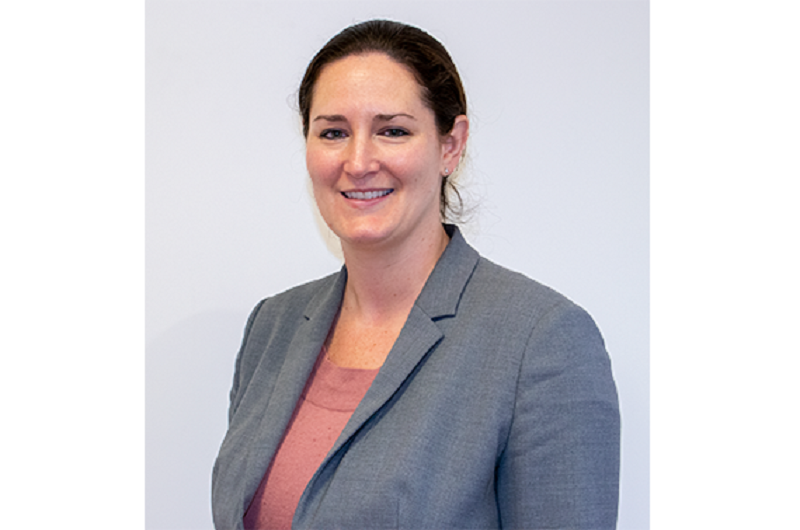There are various ways that specialist lenders fund their lending operations.

Funding has become an important topic in assessing how robust mortgage lenders are when times are tough. Lea Engst (pictured), quantitative analytics and structuring manager at Pepper Money, explains the ways specialist lenders fund their lending operations.
We recognise that it is important to have a robust and diverse funding model to ensure consistency for our brokers and their clients. Here are some of the options:
Warehouse lines
A warehouse line is a revolving line of credit with a financial institution that provides a lender with the funds to lend to customers. Warehouse lines are contractually agreed for a period of time and for a particular profile of lending to ensure both consistency of funding and risk.
At Pepper Money, we currently have two active warehouse lines and we ensure that both lines are scheduled to renew at different times. This provides peace of mind that we can continue to offer uninterrupted lending while new contracts are agreed. We also build our product guides and published lending criteria within the parameters on our warehouse lines, which means that our underwriters have some flexibility to use their judgement on cases.
Forward Flow Agreements
With a forward flow agreement, a specialist lender is contracted by another financial institution to originate loans on their behalf. The specialist lender will build a set of products that match the appetite of the financial institution and generate the loans on its behalf. Then, once loans have completed ownership of these loans is passed over to the financial institution to sit on its balance sheet. There is no material impact for customers and their terms and conditions remain the same.
Securitisation
Specialist lenders can choose to securitise loans as a way of creating more room on their warehouse lines. With a securitisation, a set of loans are packaged together and sold to investors in the capital markets. The ongoing mortgage payments are used to deliver a revenue to the investors and the specialist lender is able to use the proceeds to fund more loans to customers.
Retail funding
Achieving a banking licence enables a specialist lender to hold customer deposits, which can also be used to fund mortgage lending. Banks will often offer better interest rates on fixed term savings bonds for a number of months or years as these provide greater certainty of funding, whereas current accounts can be a cheaper source of funding but are more liquid.



